PHNOM PENH: Prime Minister Hun Sen has expressed his desire to establish the Regional Comprehensive Economic Partnership (RCEP) Secretariat to facilitate the effective implementation of the Agreement, with Phnom Penh as the proposed Secretariat headquarters.
Speaking at the Opening Ceremony of the 55th ASEAN Foreign Ministers' Meeting and Related Meetings on Wednesday morning, 3 August, at the Sokha Hotel in Phnom Penh, Prime Minister Hun Sen called on the Foreign Ministers to discuss initiatives related to rehabilitation from Covid-19, with ASEAN having agreed to develop four strategies, one of which is to "enhance the potential of ASEAN international markets and broader economic integration."
He said he believes that in order to achieve these strategies, the region needs a RCEP Secretariat to promote the effective implementation of the ASEAN Agreement.
"Cambodia is ready for this RCEP Secretariat in Phnom Penh, and has prepared a detailed proposal," he said. "I hope that Cambodia can get the support of ASEAN member countries as well as other members of the ASEAN Agreement when Cambodia formally submits its proposal.”
The RCEP agreement, which researchers see as beneficial to Cambodian and regional trade, took effect on 1 January 2022. Through this agreement, Cambodia will be able to export goods to 15 countries comprised of the 10 ASEAN members and five ASEAN partners (China, Japan, Korea, Australia and New Zealand), accounting for 28% of the world’s total trade volume. Many major commodities in agriculture, agro-processing and industrial goods, will be allowed to be imported to these countries, with an average duty exemption of more than 90% for Cambodia.
In addition to the export of goods, Cambodia will also benefit from other aspects of the agreement, including the transfer of technology, knowledge and skills from foreign direct investments, as well as the creation of new jobs for people in Cambodia.
According to a study conducted by the Economic Research Institute for ASEAN and East Asia (ERIA), through this free trade agreement, Cambodia is expected to grow 7.3% year on year in exports, 23.4% in investments, and about 2% in overall GDP.
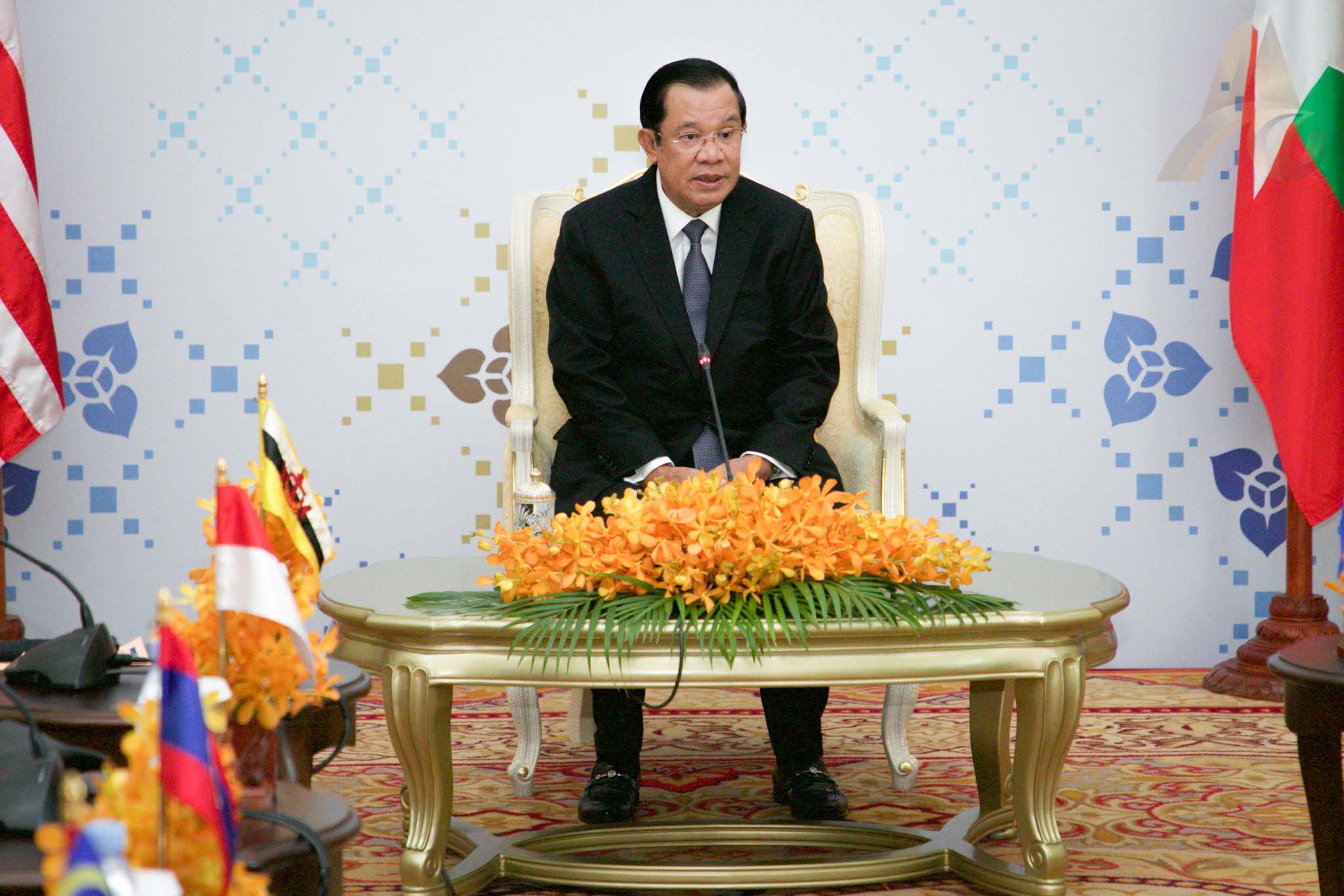
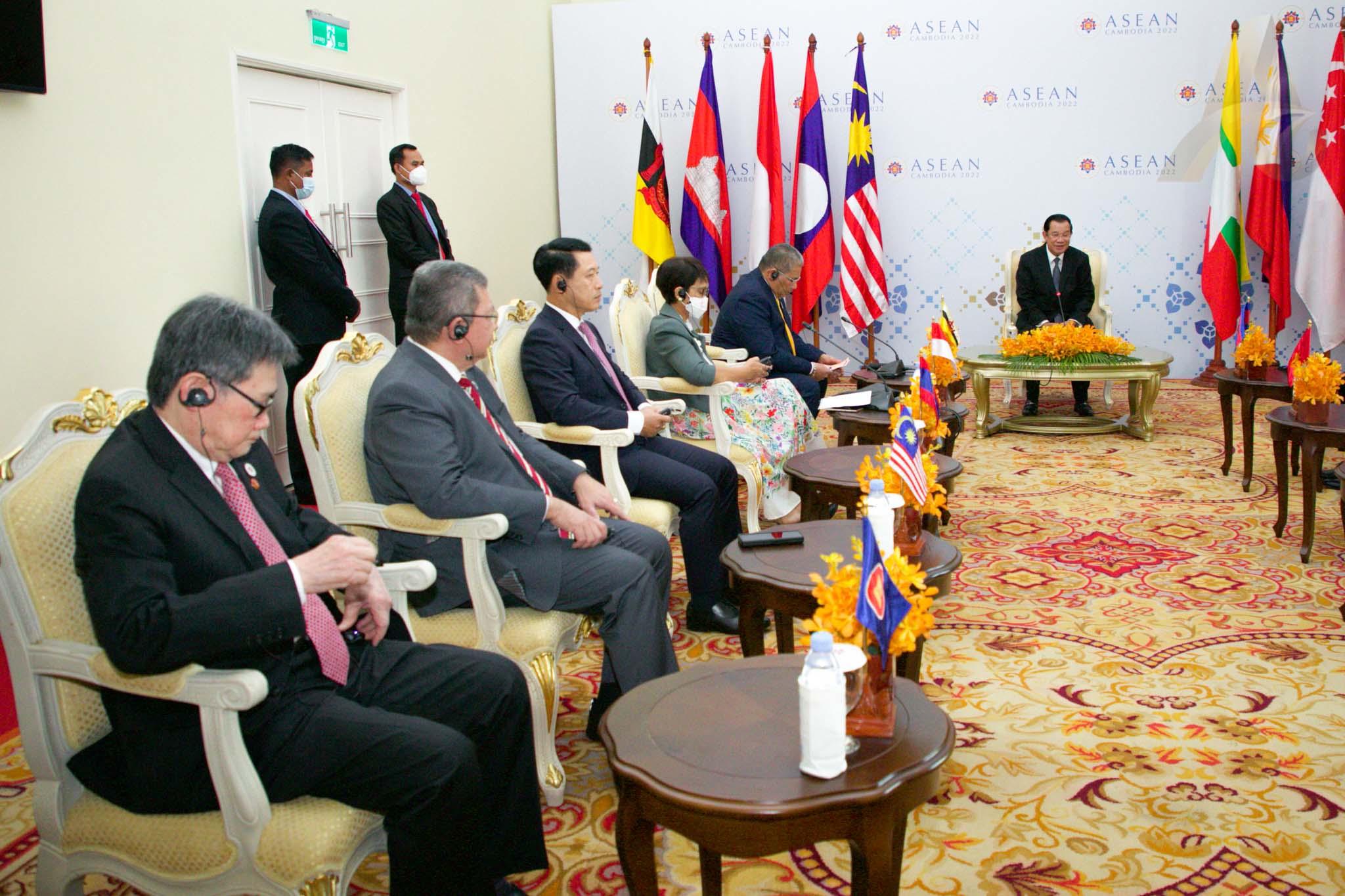
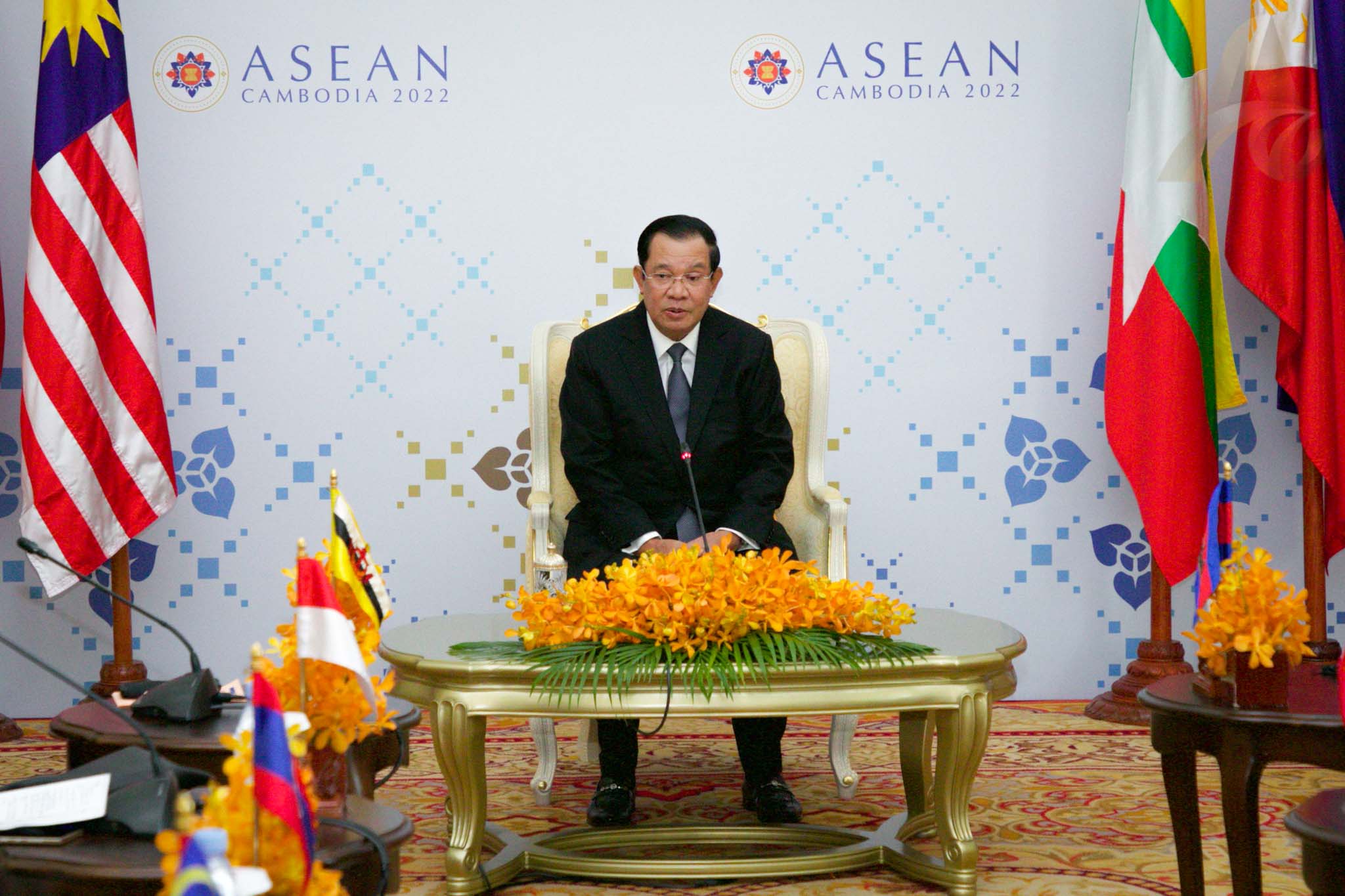
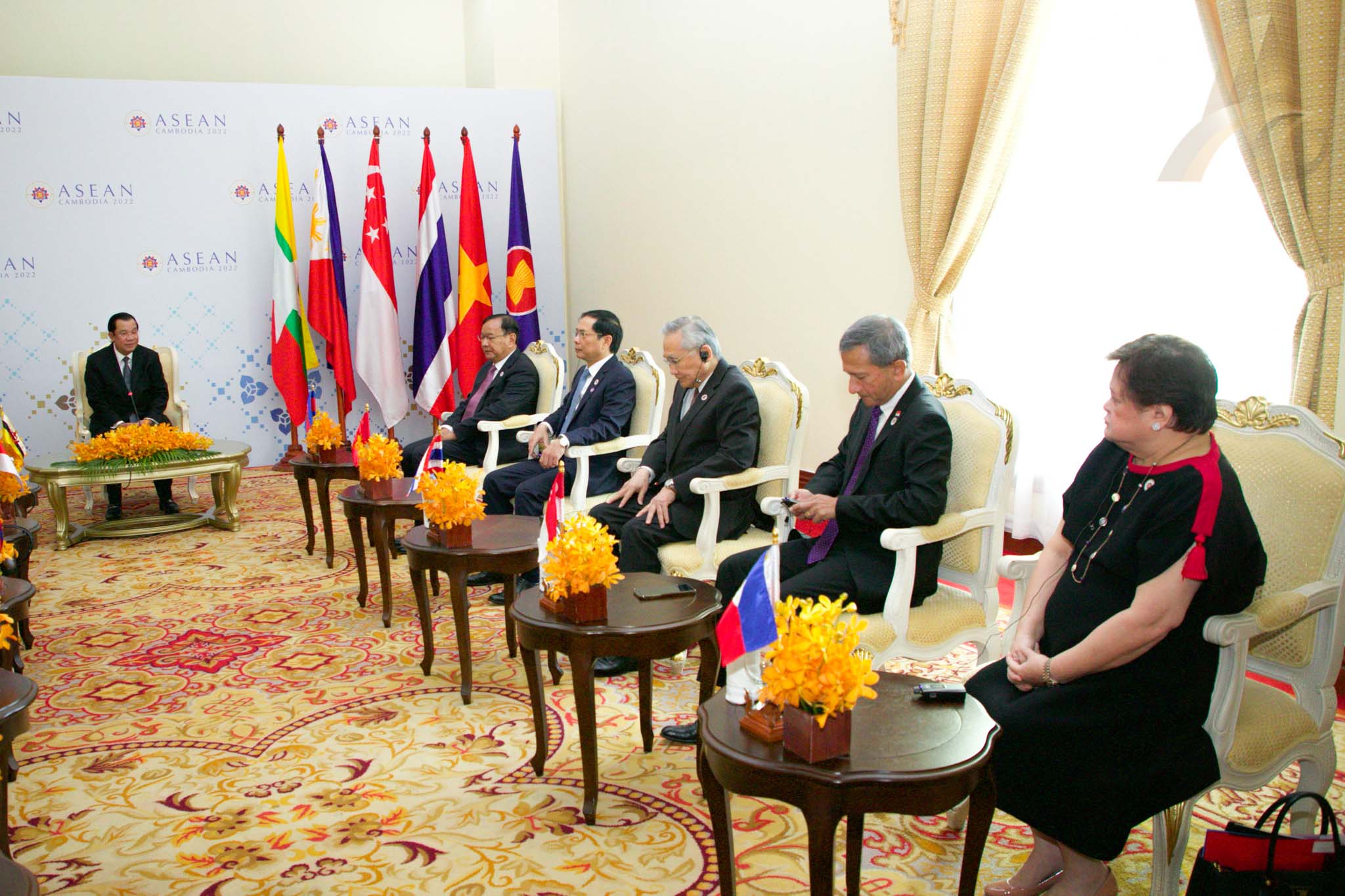
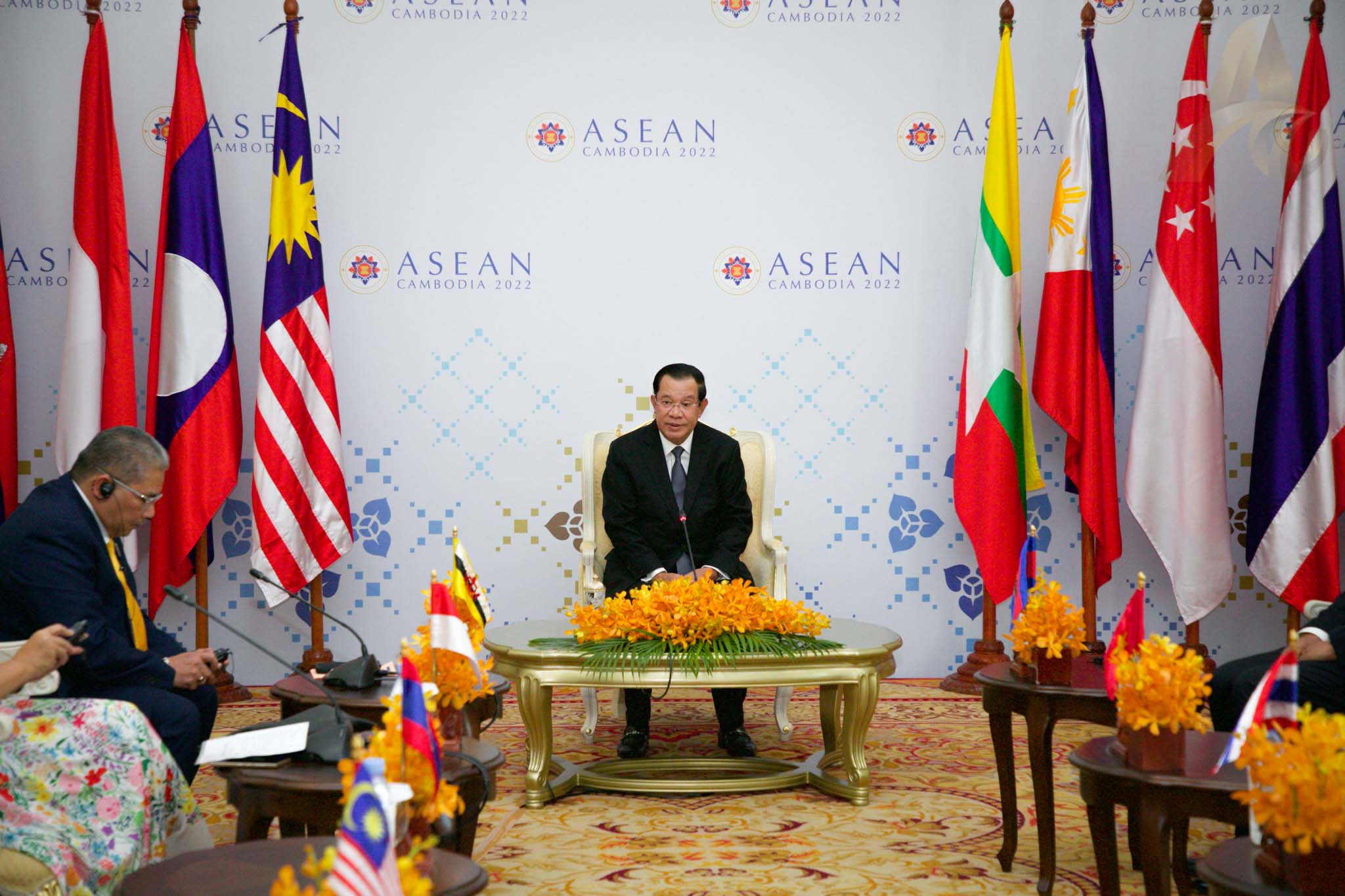
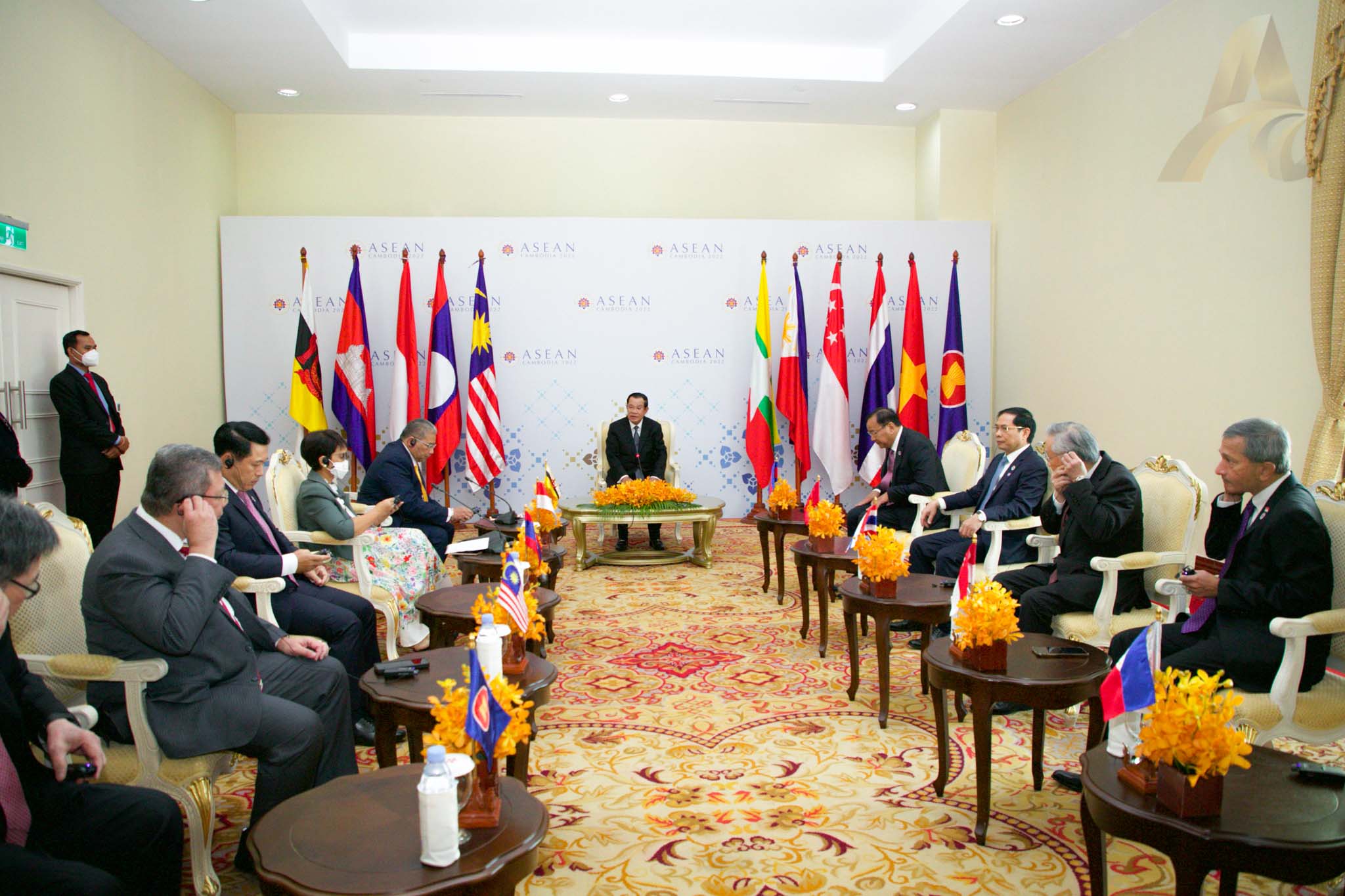
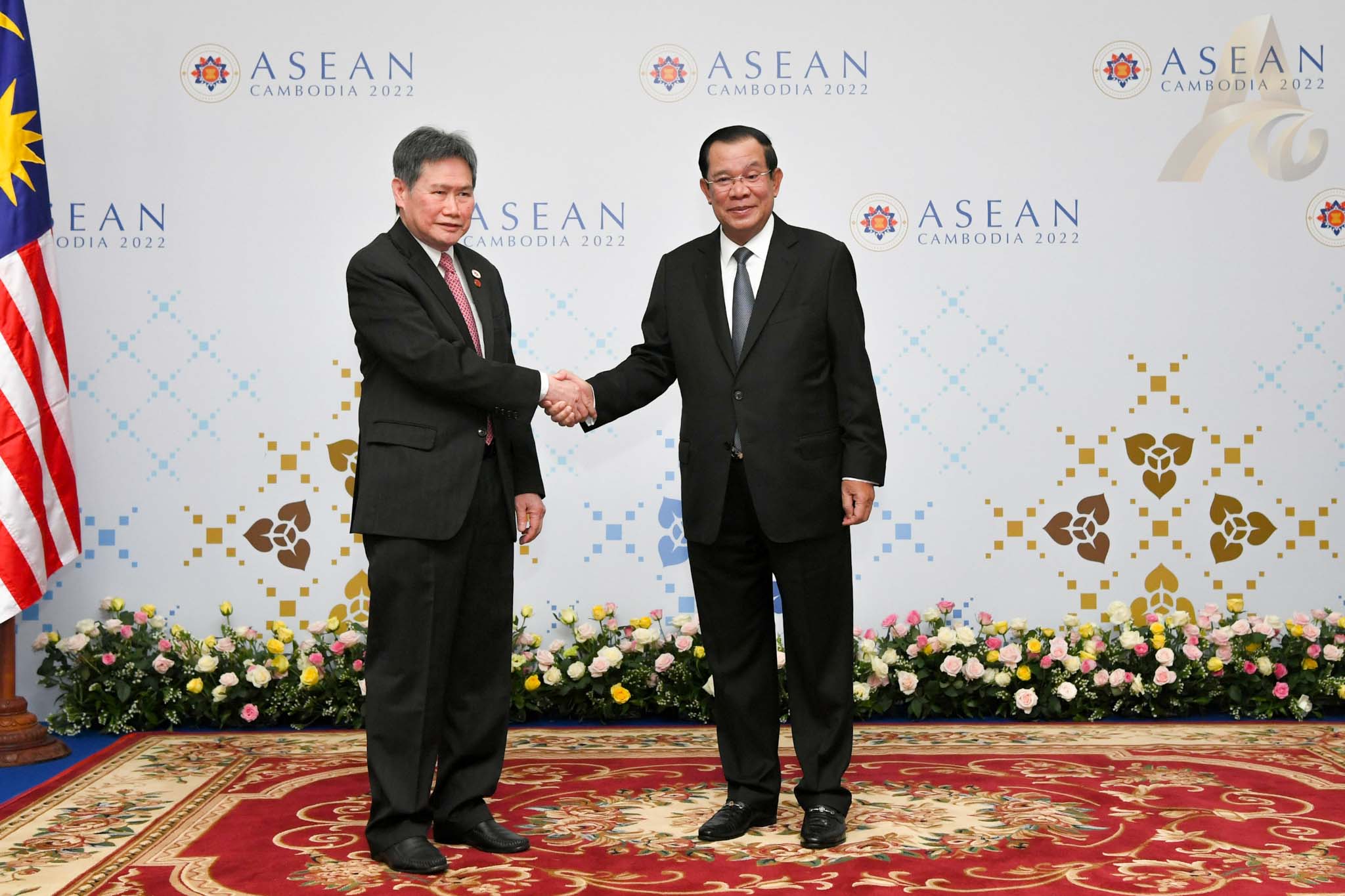
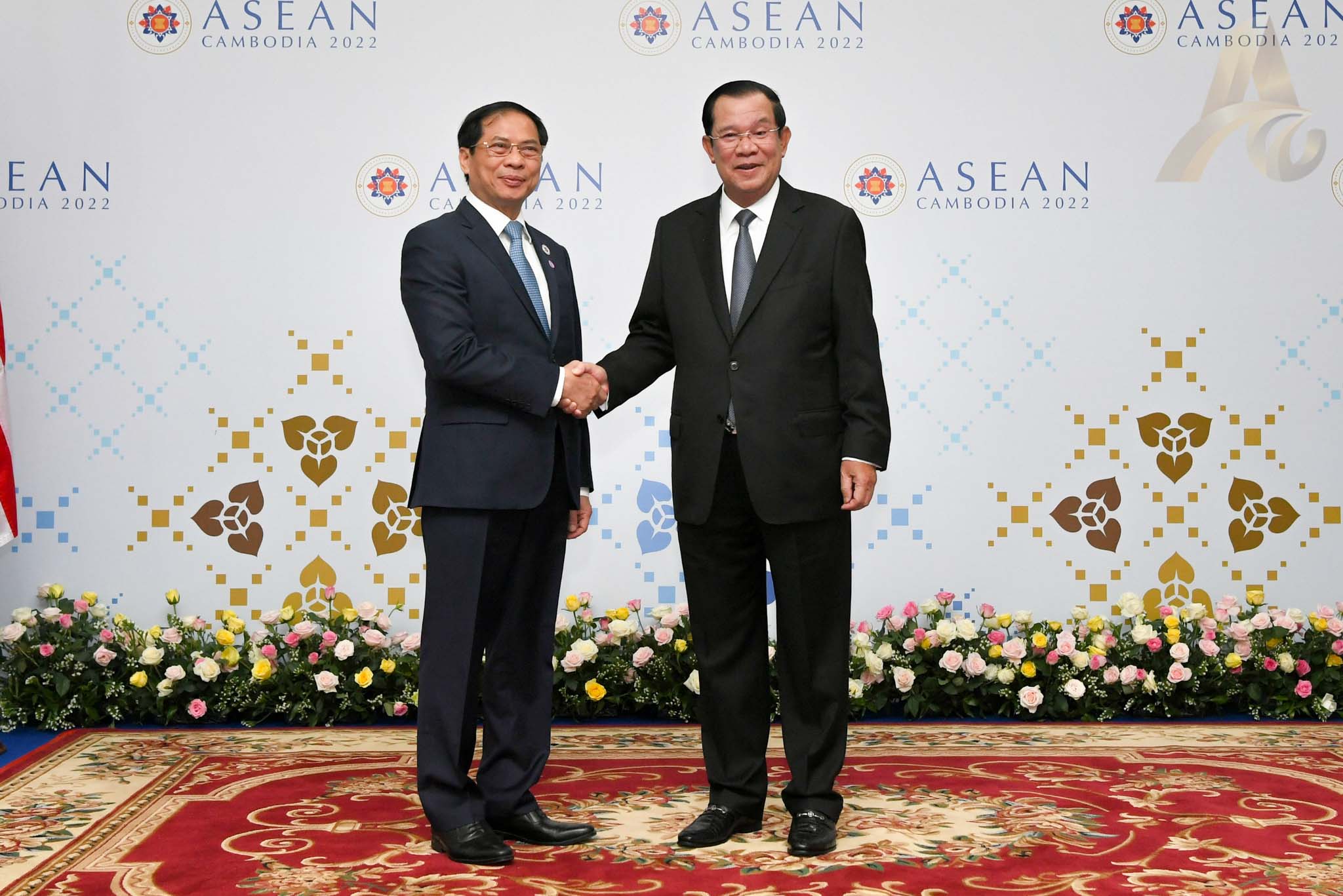
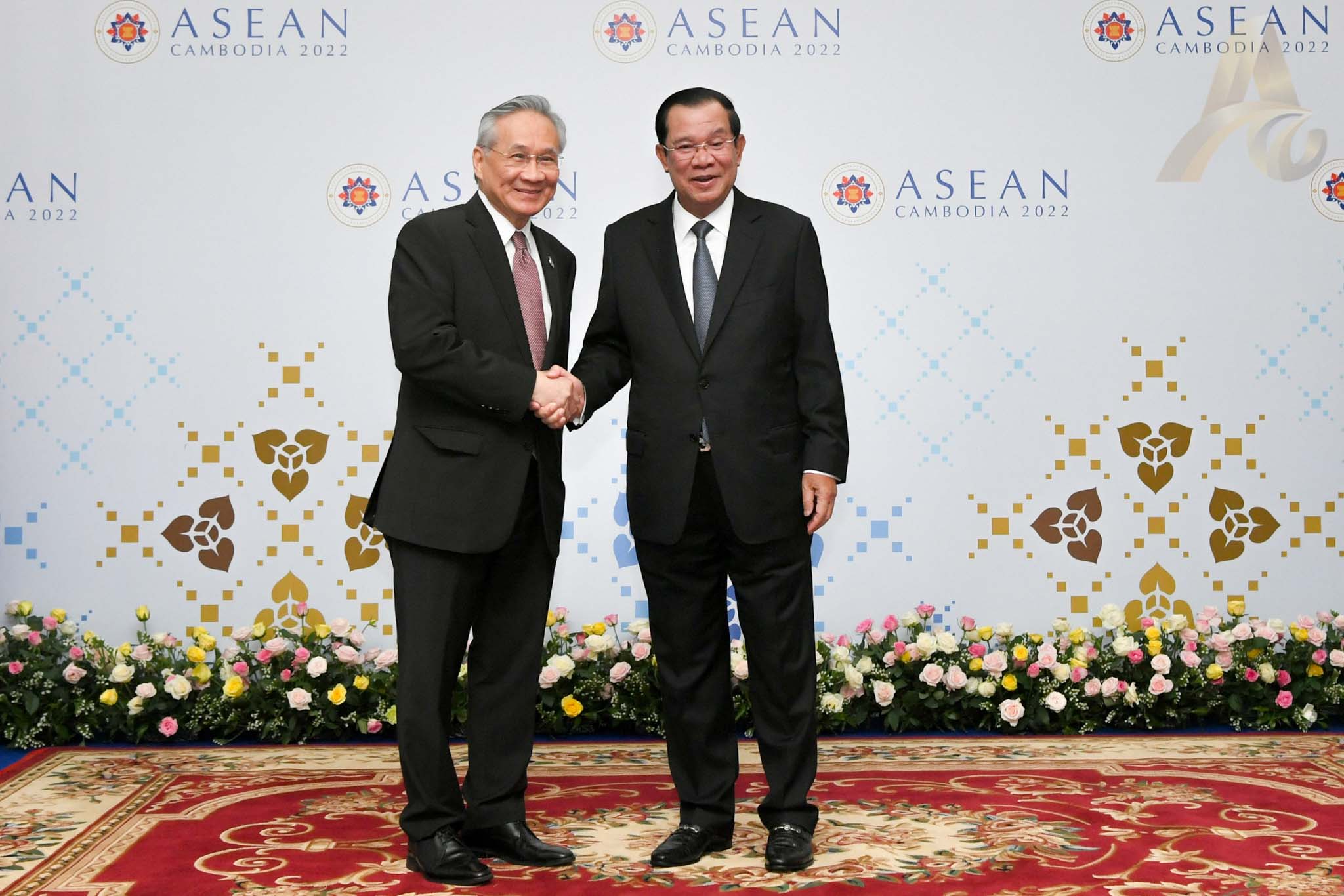
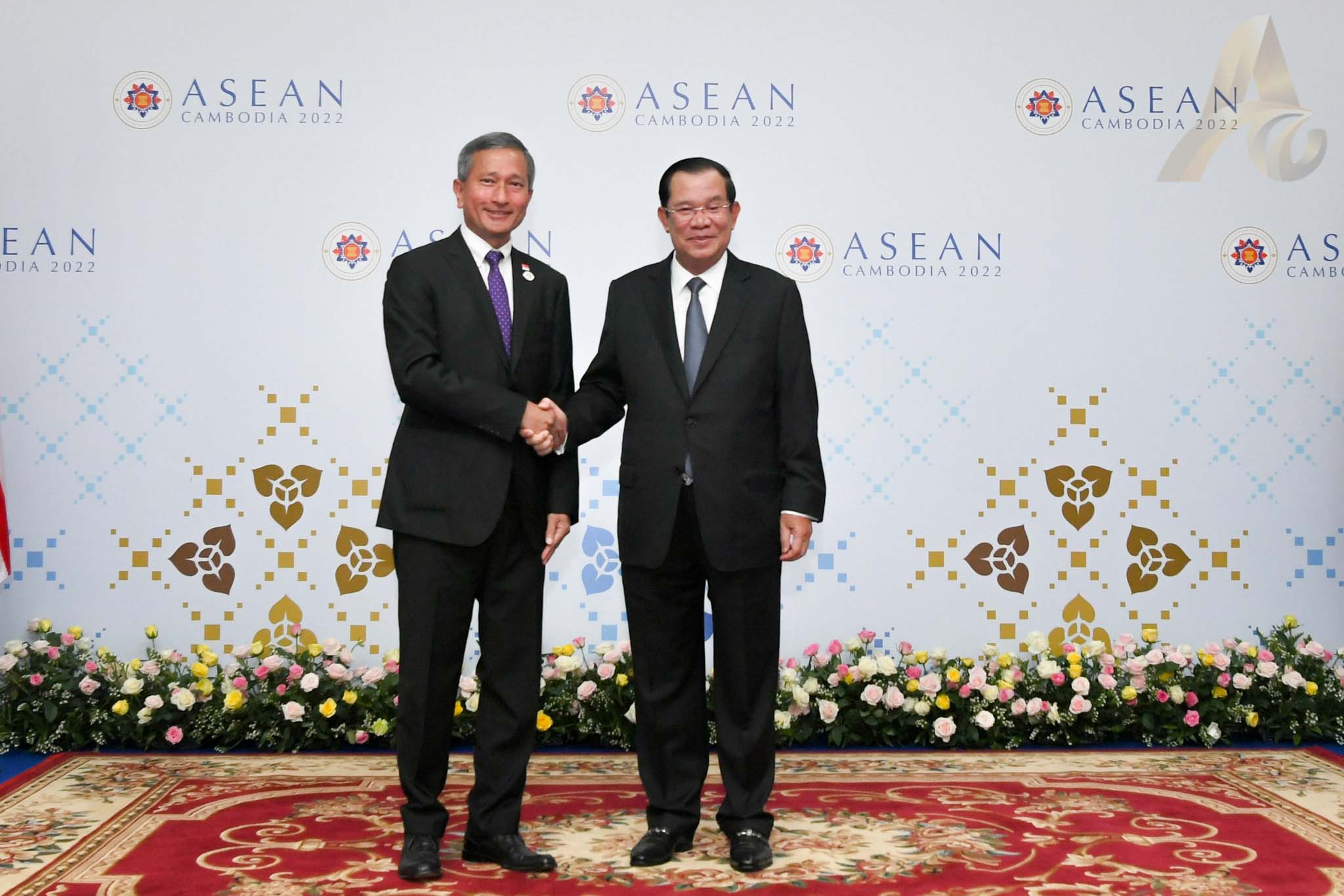
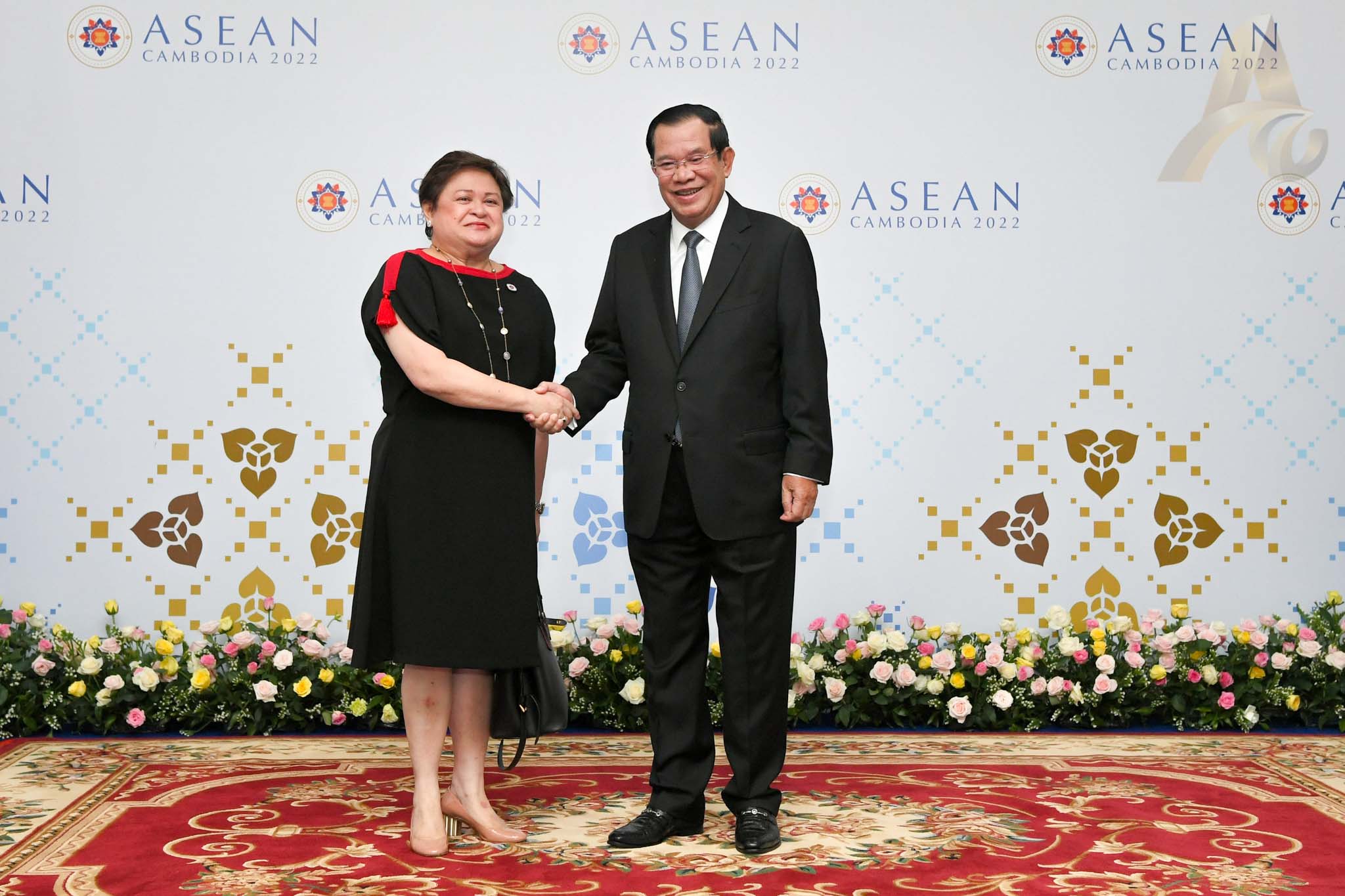
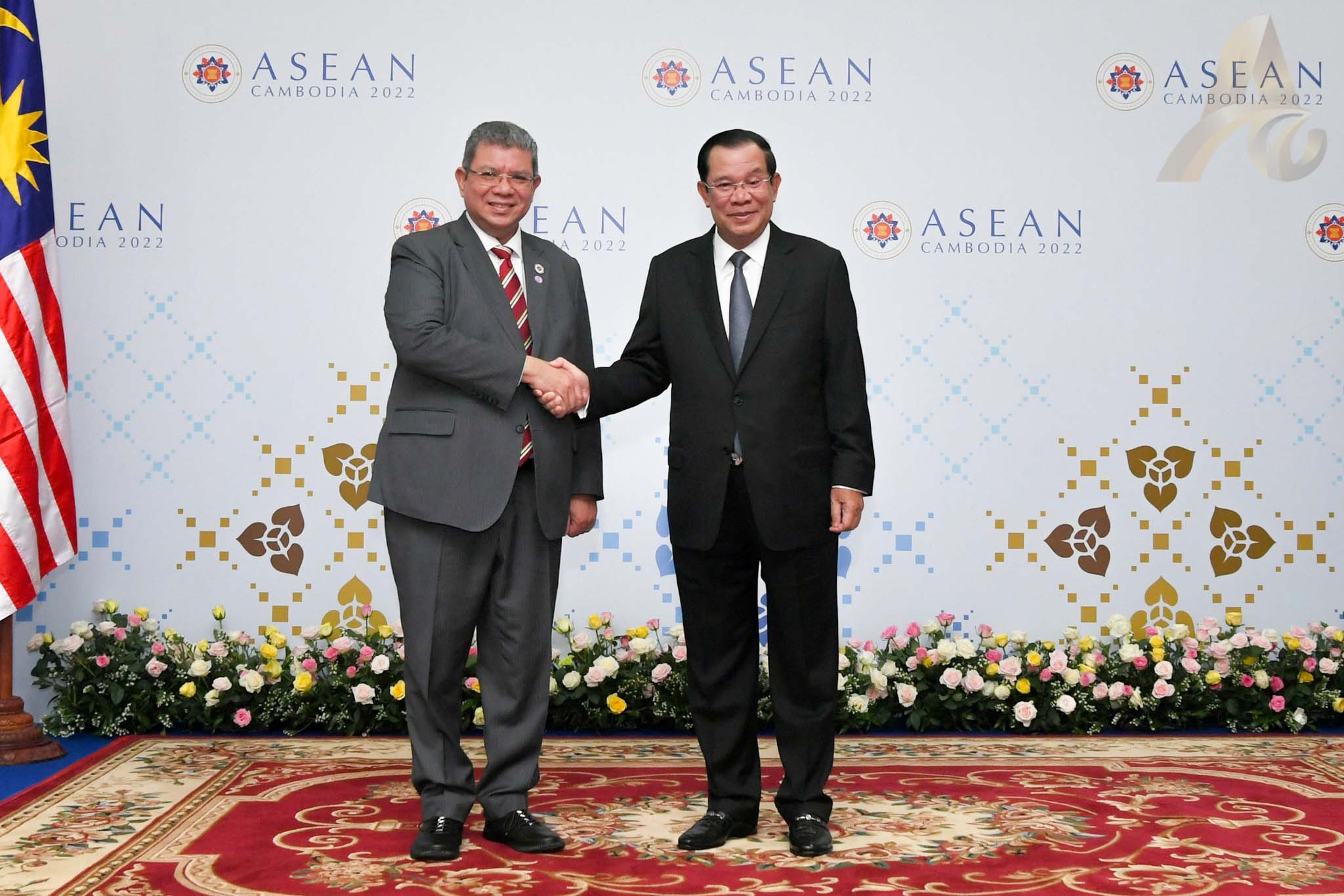
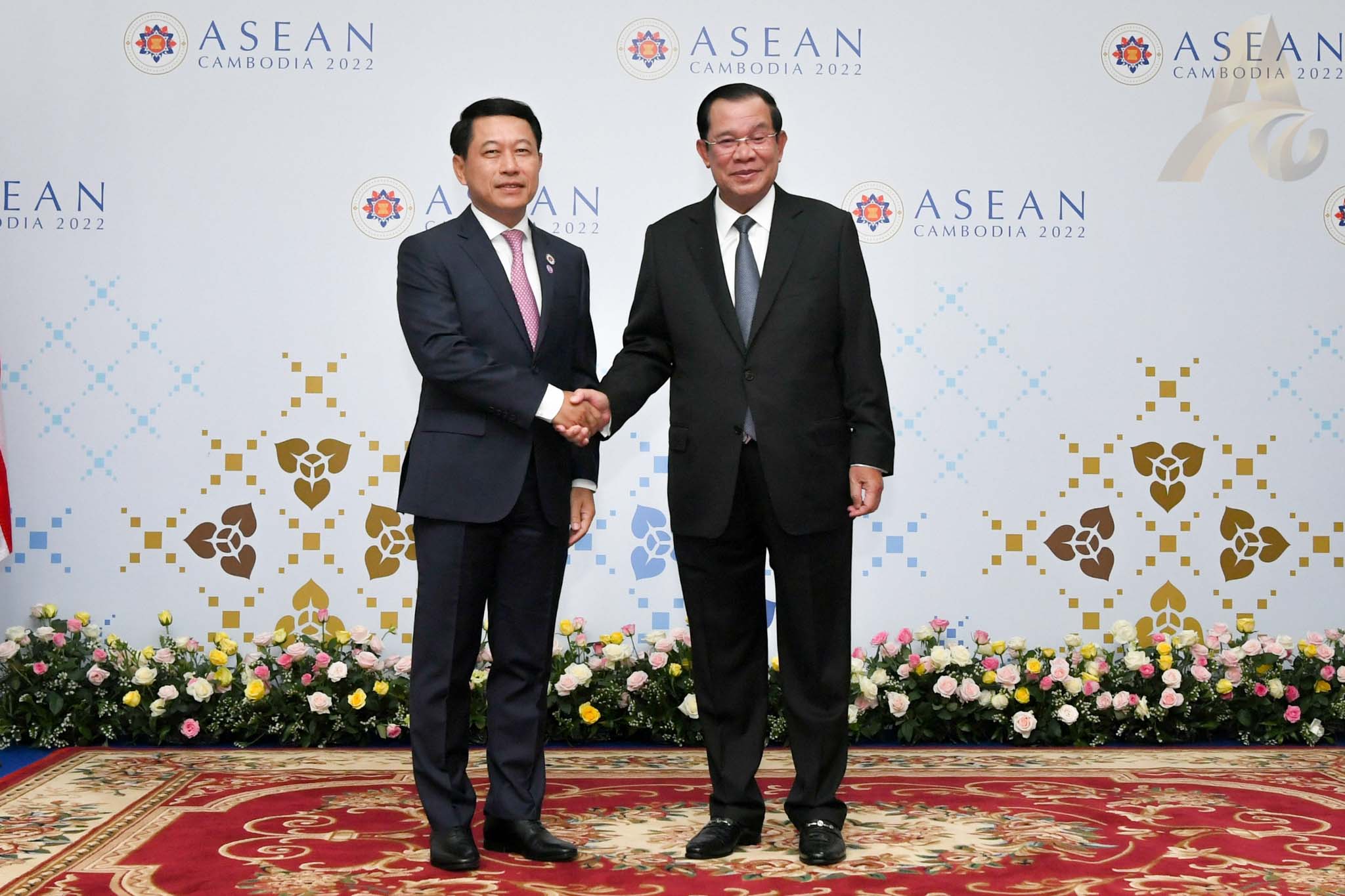
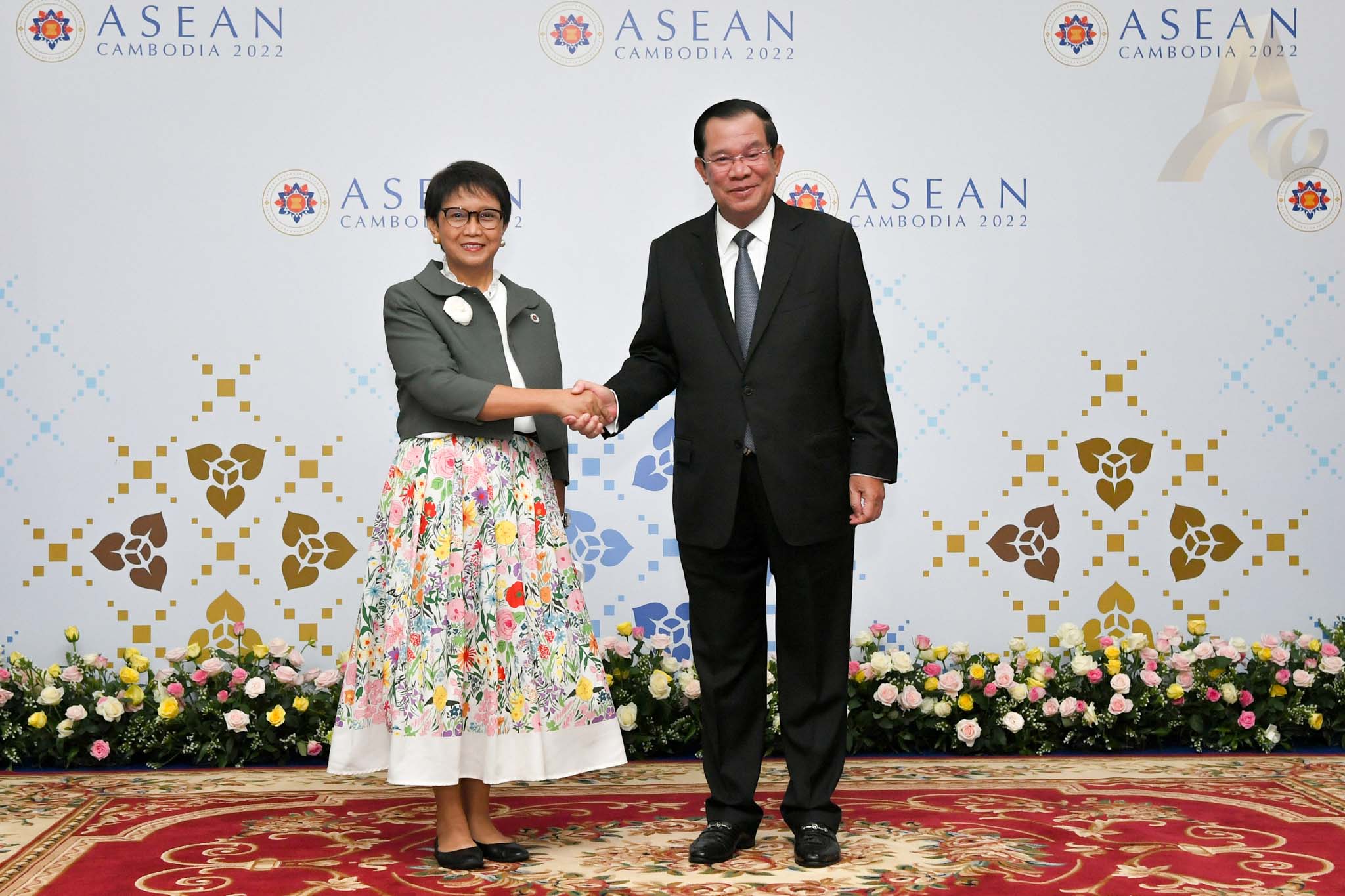
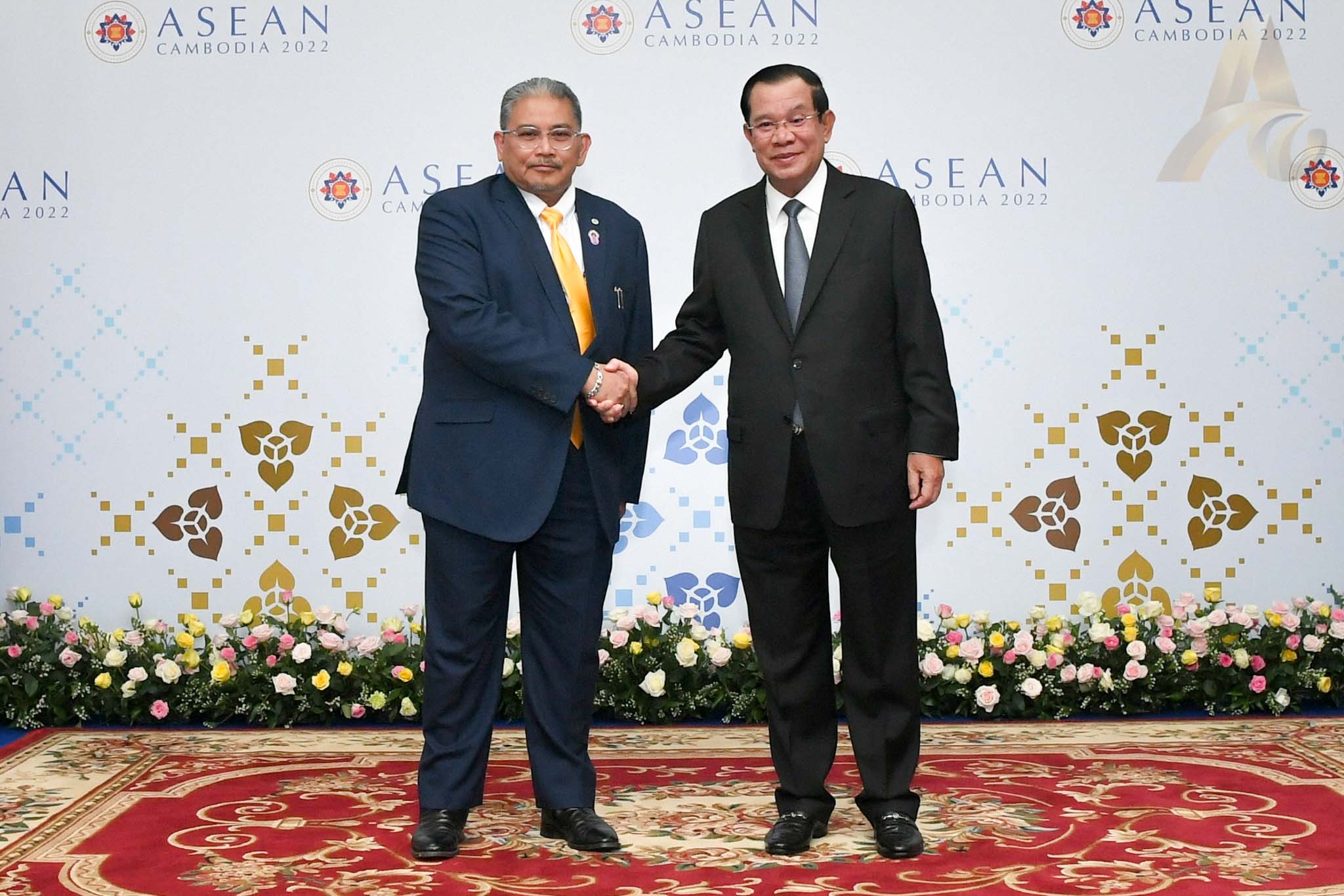
PHOTO: SOPHUP





















